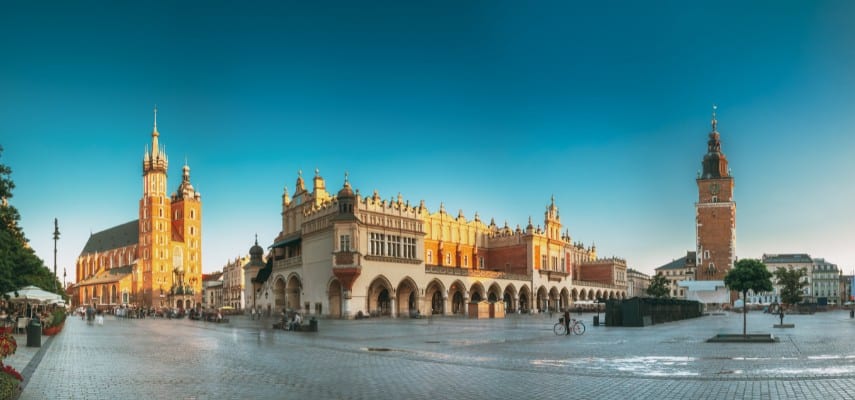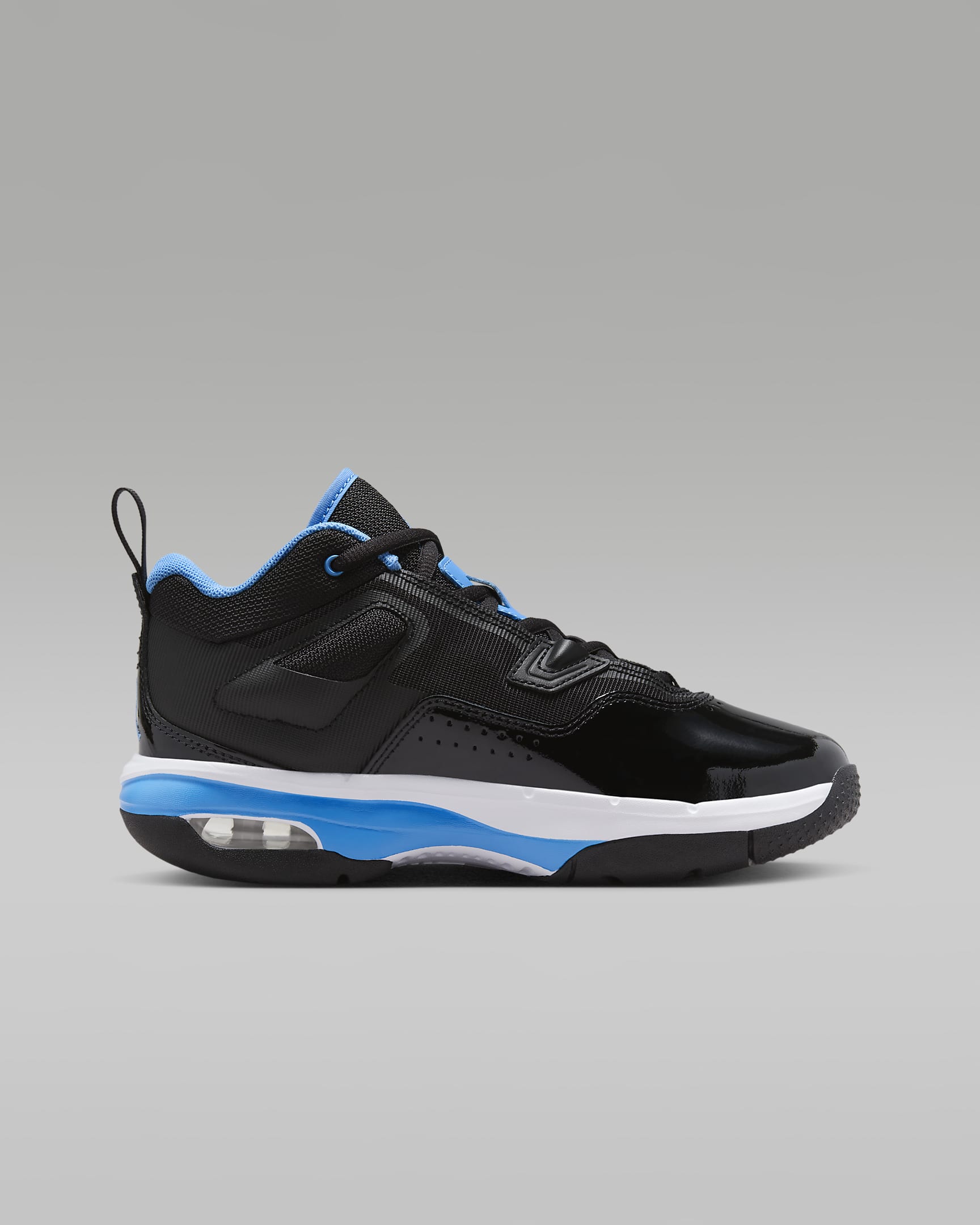
Israel, a land where ancient history whispers from every stone and modern innovation buzzes with energy, beckons travelers with an unparalleled blend of culture, spirituality, and breathtaking landscapes. From the sacred sites of Jerusalem to the vibrant beaches of Tel Aviv, and the stark beauty of the desert to the lush Galilee, Israel offers a kaleidoscope of experiences. Deciding where to stay is the first step in unlocking this extraordinary destination. This comprehensive guide will delve into the heart of Israel, exploring its top attractions, rich history, essential travel tips, diverse accommodation options, efficient transportation, and the optimal times to embark on your unforgettable journey.
A Land Steeped in History: A Glimpse into Israel’s Past
To truly appreciate where to stay in Israel, understanding its profound historical significance is crucial. For millennia, this small strip of land has been a crossroads of civilizations and a cradle of major monotheistic religions.

Related Articles about Israel: A Tapestry of Time, Faith, and Adventure – Your Ultimate Guide to Where to Stay:
- Russia: A Timeless Tapestry of History, Culture, and Adventure
- Where the Wild Heart Beats: A Comprehensive Guide to Staying in Kenya
- Vietnam: A Tapestry of Experiences – Where to Stay and What to Discover
- Unearthing the Golden Heart: Your Comprehensive Guide to Johannesburg
- Seoul’s Crown Jewels: A Guide to the City’s Finest Hotels and Unforgettable Experiences
- Biblical Lands: Judaism, Christianity, and Islam all have deep roots in Israel. Jerusalem, in particular, is a city of immense spiritual importance, home to the Western Wall, the Church of the Holy Sepulchre, and the Al-Aqsa Mosque. The Sea of Galilee region is dotted with sites associated with Jesus’ ministry, while the ancient city of Acre holds echoes of Crusader history.
- Ancient Civilizations: Beyond religious narratives, Israel showcases remnants of countless empires. Masada, the dramatic desert fortress, tells a story of defiance and tragedy. Caesarea Maritima, with its Roman amphitheater and aqueducts, speaks of imperial grandeur. Tel Aviv’s Jaffa boasts a history stretching back over 3,000 years, a vital port for Phoenicians, Romans, and Ottomans alike.
- Modern Israel: The establishment of the State of Israel in 1948 marked a new chapter, bringing with it waves of immigration, technological advancements, and a vibrant contemporary culture. This duality of ancient and modern is palpable throughout the country, creating a unique and captivating atmosphere.
Top Attractions: Unveiling Israel’s Treasures
Israel’s compact size belies the sheer density of its attractions. Planning your stay around these highlights will ensure a fulfilling experience.
- Jerusalem: The Eternal City: The undisputed heart of Israel, Jerusalem is a must-visit.

- Old City: Explore the four quarters – Jewish, Christian, Muslim, and Armenian. Walk the Via Dolorosa, visit the Church of the Holy Sepulchre, touch the Western Wall, and marvel at the Dome of the Rock.
- Mount of Olives: Offers panoramic views of the Old City and significant religious sites.
- Yad Vashem: The World Holocaust Remembrance Center, a poignant and essential experience.
- Mahane Yehuda Market: A bustling hub of sights, sounds, and flavors.
- Tel Aviv: The White City and Beyond: Israel’s vibrant modern metropolis.
- Bauhaus Architecture: Wander through the UNESCO World Heritage "White City," a stunning collection of Bauhaus-style buildings.
- Beaches: Relax on the Mediterranean coast, enjoy water sports, or stroll along the promenade.
- Jaffa: Explore the ancient port city with its narrow alleys, art galleries, and vibrant flea market.
- Carmel Market: Another vibrant market offering local produce, spices, and street food.
- Museums: Discover the Tel Aviv Museum of Art, the Eretz Israel Museum, and others.
- Dead Sea: The Lowest Point on Earth: Experience the surreal sensation of floating effortlessly in the hypersaline water and indulge in therapeutic mud baths.
- Masada: A UNESCO World Heritage site, this ancient fortress perched atop a mesa offers stunning desert views and a powerful historical narrative.
- Galilee Region: A fertile and picturesque area steeped in Christian history.
- Sea of Galilee: Visit sites like Capernaum, the Mount of Beatitudes, and Tabgha.
- Safed (Tzfat): A mystical city known for its Kabbalistic heritage, art galleries, and winding cobblestone streets.
- Eilat: Israel’s southernmost city, a popular resort town on the Red Sea, ideal for diving, snorkeling, and enjoying desert adventures.
- Akko (Acre): A UNESCO World Heritage site, this ancient port city boasts impressive Crusader ruins and a fascinating Ottoman history.
- Negev Desert: Explore its dramatic landscapes, unique geological formations, and Bedouin culture through jeep tours, hiking, and stargazing.
Travel Tips for a Smooth Journey
Navigating Israel can be a rewarding experience with a little preparation.
- Visas and Entry: Check visa requirements for your nationality well in advance. Israelis are known for their thorough security checks; be patient and cooperative.
- Currency: The Israeli New Shekel (ILS) is the official currency. Credit cards are widely accepted, but carrying some cash for smaller vendors and markets is advisable.
- Language: Hebrew and Arabic are the official languages. English is widely spoken in tourist areas, hotels, and by younger generations. Learning a few basic Hebrew phrases will be appreciated.
- Safety: Israel is generally safe for tourists. However, it’s always wise to stay informed about current events and exercise common sense, especially in crowded areas.
- Dress Code: When visiting religious sites, dress modestly, covering shoulders and knees. In general, Israel is a modern country with diverse fashion styles, but some conservative areas may require more modest attire.
- Shabbat: The Jewish Sabbath, from Friday sunset to Saturday sunset, is observed by many. Public transportation and many businesses, especially in religiously observant areas, may be closed or operate on a reduced schedule. Plan your activities accordingly.
- Water: Tap water is safe to drink throughout Israel.
- Connectivity: Wi-Fi is widely available in hotels, cafes, and public spaces. Purchasing a local SIM card is also an affordable option.
Accommodation Options: Catering to Every Traveler
Israel offers a diverse range of accommodation to suit all budgets and preferences, from luxurious hotels to charming guesthouses and unique experiences.
1. Jerusalem:
- Luxury: The King David Hotel (iconic, historic), The American Colony Hotel (elegant, historic), Mamilla Hotel (modern, chic).
- Mid-Range: The Inbal Jerusalem Hotel, David Citadel Hotel, Leonardo Plaza Hotel.
- Budget: Abraham Hostel Jerusalem (popular for social travelers), hostels in the city center, guesthouses in the Old City.
- Unique: Boutique hotels in the German Colony or Ein Kerem, apartments in the city center.
Where to stay in Jerusalem depends on your priorities:
- For history and spirituality: Stay within or near the Old City for immediate access to sacred sites.
- For modern amenities and nightlife: The city center offers a wide range of hotels and is well-connected.
- For a charming, local feel: Consider neighborhoods like the German Colony or Ein Kerem.
2. Tel Aviv:
- Luxury: The Ritz-Carlton, Herzliya (short drive from Tel Aviv), The Norman Tel Aviv (boutique luxury), Manta Ray Beach Hotel (prime beachfront).
- Mid-Range: The David InterContinental Tel Aviv, Crowne Plaza Tel Aviv City Center, Dan Panorama Tel Aviv.
- Budget: Abraham Hostel Tel Aviv (vibrant and social), various hostels along the beach and in the city center, affordable guesthouses.
- Unique: Boutique hotels in Florentin or Neve Tzedek, apartments with sea views.
Where to stay in Tel Aviv:
- For beach lovers: Stay along the promenade (Tayelet) for easy access to the sand and sea.
- For vibrant nightlife and dining: The city center and areas like Florentin offer excellent options.
- For a charming, artistic atmosphere: Neve Tzedek is a beautiful neighborhood with boutique hotels and unique shops.
3. Dead Sea Region:
- Resort Hotels: Ein Bokek area offers numerous hotels with direct access to the Dead Sea, spa facilities, and pools (e.g., Leonardo Club Hotel, Isrotel Dead Sea).
- Boutique Guesthouses: Limited options, but some exist in smaller settlements.
- Camping: Possible in designated areas.
4. Eilat:
- Beachfront Resorts: A plethora of hotels offering Red Sea views and amenities (e.g., Herods Vitalis Spa, Dan Eilat Hotel).
- Budget-Friendly Options: Hotels further from the beach, hostels.
- Unique: Glamping experiences in the desert surrounding Eilat.
5. Galilee Region:
- Kibbutz Hotels: A unique Israeli experience, staying in guesthouses on kibbutzim (communal settlements) offering a taste of rural life (e.g., Kibbutz Ginosar, Kibbutz Degania).
- Guesthouses in Safed: Charming, often historic accommodations within the ancient city.
- Hotels in Tiberias: A larger city on the Sea of Galilee with various hotel options.
6. Other Areas:
- Akko: Limited but charming guesthouses within the old city walls.
- Negev Desert: Desert lodges, glamping sites, and Bedouin hospitality tents for an immersive experience.
Transportation: Getting Around Israel
Israel boasts a well-developed transportation network, making it easy to explore the country.
- Flights: Ben Gurion Airport (TLV) near Tel Aviv is the main international gateway.
- Trains: Israel Railways connects major cities and towns efficiently and affordably. It’s a comfortable and scenic way to travel.
- Buses: Egged is the largest bus company, operating an extensive network throughout the country. Buses are a cost-effective option for reaching smaller towns and villages.
- Taxis and Ride-Sharing: Taxis are readily available, but agree on the fare beforehand or ensure the meter is used. Ride-sharing apps like Gett are also popular.
- Car Rental: Renting a car offers the most flexibility, especially for exploring rural areas and the desert. Be aware of driving on the right and the potential for traffic in major cities.
- Shared Taxis (Sherut): These minivans operate on fixed routes between cities, especially on Shabbat when public transport is limited. They are a good budget option.
- Jerusalem Light Rail: A modern tram system that efficiently connects different parts of Jerusalem.
Planning your transportation around Shabbat is crucial. Many bus and train services cease from Friday afternoon to Saturday evening. Sheruts and taxis become essential during this time.
Best Time to Visit Israel: Embracing the Seasons
Israel enjoys a Mediterranean climate with distinct seasons, each offering a unique appeal.
- Spring (March to May): This is arguably the best time to visit Israel. The weather is pleasant and mild, with blooming wildflowers and comfortable temperatures for sightseeing. It’s ideal for exploring cities, hiking, and enjoying outdoor activities.
- Pros: Pleasant temperatures, blooming nature, fewer crowds than summer.
- Cons: Can be a bit rainy in early spring.
- Summer (June to August): Expect hot and humid weather, especially along the coast. This is peak tourist season, so expect larger crowds and higher prices. It’s ideal for beach holidays in Tel Aviv and Eilat.
- Pros: Perfect for beach activities, long daylight hours.
- Cons: Very hot, especially inland; crowded.
- Autumn (September to November): Another excellent time to visit. The heat subsides, and the weather becomes pleasant again. The autumn colors in some regions are beautiful. This is a good time for cultural exploration and outdoor activities.
- Pros: Comfortable temperatures, fewer crowds than summer, beautiful scenery.
- Cons: Can be a bit windy towards the end of the season.
- Winter (December to February): Winters are generally mild, with cooler temperatures and occasional rainfall, especially in the north. Jerusalem can be quite chilly, even experiencing snow sometimes. It’s a good time for cultural tourism, visiting museums, and enjoying the festive atmosphere around Christmas and Hanukkah.
- Pros: Fewer crowds, lower prices, festive atmosphere.
- Cons: Cooler temperatures, potential for rain.
Consider these factors when choosing your travel dates:
- Religious Holidays: Major holidays like Passover, Rosh Hashanah, Yom Kippur, and Sukkot can impact travel, with closures and increased crowds. However, they also offer a unique cultural experience.
- Festivals: Israel hosts various festivals throughout the year, from music and film to food and art. Research these to align your visit with specific interests.
Conclusion: Your Israeli Adventure Awaits
Israel is a destination that ignites the senses and nourishes the soul. Whether you’re seeking spiritual solace, historical immersion, vibrant urban experiences, or natural wonders, this extraordinary country delivers. By understanding the diverse attractions, embracing the rich history, preparing with practical travel tips, choosing the accommodation that best suits your style, and navigating its efficient transportation, you are well on your way to crafting an unforgettable Israeli adventure. From the ancient stones of Jerusalem to the modern pulse of Tel Aviv, and the serene beauty of the Galilee to the dramatic landscapes of the Negev, Israel invites you to discover its magic, one incredible destination at a time.




